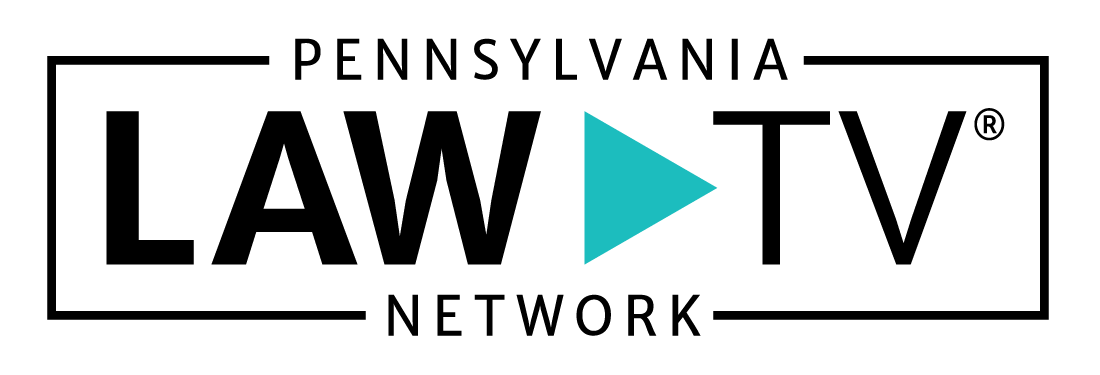Train Accidents
Cindy Speaker: Good afternoon, and welcome to our broadcast today. My name is Cindy Speaker. I have with me attorney Valeen Hykes of Michael J. O’Connor & Associates. Valeen’s going to talk with us today about train accidents, liability issues, and hopefully some safety precautions and things like that. Valeen, thanks for being with us today.
Valeen Hykes: Thank you for having me.
Cindy Speaker: Valeen, we hear about so many, not a lot, but when train accidents happen, they’re usually catastrophic. Let’s talk initially about what are some different types of train accidents that occur.
Valeen Hykes: Probably one of the one that most people are most familiar with would be the derailments, but there are some other things that can happen as well, such as a collision at a crossing where maybe there was a signal problem. There could also be something with their negligence of the employee or sabotage of the train area, as well as some type of a mechanical malfunction. Those are the main types of train accidents that we see.
Cindy Speaker: With the different types of train accidents, are there liability issues? Are the liability issues different? Who can be held at fault? Is it different parties in those different types of train accidents?
Valeen Hykes: It can be, yeah. It’s really going to depend on where the fault lies in the incident. People that can be held responsible could be the owner of or the company who’s running the train. If it was a collision at a crossing, it could be either the person running the train or the owner of the car. Maybe the car was at fault. It could also be the owner of the railroad tracks, the train manufacturer. Then, in some cases, depending on the scenario and the facts of the case, it could also be the city or the county if there was a problem with the roadway near where the accident occurred.
Cindy Speaker: Interesting. I’m from Philadelphia, and I want to mention that in 2015 there was a horrific train crash in this area. Eight people were killed. 200 people were injured. I believe the gentleman, Brandon Bostian, he was charged with causing a catastrophe, involuntary manslaughter, and other crimes. My question is, eight people died, 200 people were injured, what kind of recoveries is there for these people?
Valeen Hykes: I know there were some criminal charges there, but on the personal injury side of it, there could be a number of different claims that are brought and a number of different recoveries that could be had, mainly compensation, of course. In some cases, you may have a wrongful death claim. Otherwise, you’d be looking at the personal injury side of it, whereas they could recover for their medical expenses, maybe lost wages, loss of earning capacity. Maybe they lost wages while they were getting better.
Maybe there are certain injuries that have occurred to where they’re not going to be able to perform some type of job in the future, so maybe the loss of earning capacity, as well as these medical expenses. They could include physical therapy, rehab, home healthcare services, as well as pain and suffering. Maybe it’s something where they’re … Loss of enjoyment of life. Disfigurement. All of those things will come into play, depending on the type of injury and the severity of the injury.
Cindy Speaker: A train accident, it sounds as if it’s not that unlike a horrific car accident.
Valeen Hykes: Correct.
Cindy Speaker: It’s just that train accidents tend to be more horrific, maybe, than a lot of other types of accidents. But the recovery path is similar, is that true?
Valeen Hykes: It’s very similar. Correct. Very similar. It’s just going to depend on who’s at fault and what parties you’re looking at. Sometimes that’s not always easy to determine right from the start.
Cindy Speaker: Exactly, which is why we want people to call somebody like you to get … Because they’re not going to recover, they’re not going to be properly compensated and taken care of if they don’t have somebody navigating that path. It’s very complicated stuff.
Valeen Hykes: Correct. It is. Yes. Very important to get somebody who knows the process and knows the system and can make sure that all of your rights are … Basically, you’re making sure you’re getting the right people involved in the beginning so you don’t miss out on that opportunity.
Cindy Speaker: Valeen, if somebody wants to reach you, has a question, how can they do that?
Valeen Hykes: They can reach us by email at www.oconnorlaw.com, or by telephone at 1-800-518-4529.
Cindy Speaker: Very good. Valeen, thanks a lot for your time today.
Valeen Hykes: Thank you so much for having me.
Cindy Speaker: For those of you watching, whether live or by replay, if you have questions or comments, feel free to leave them right on this page. We’ll respond to them, get your questions answered. Thanks, everybody, for being with us. We’ll see you again soon.

 Navigation
Navigation